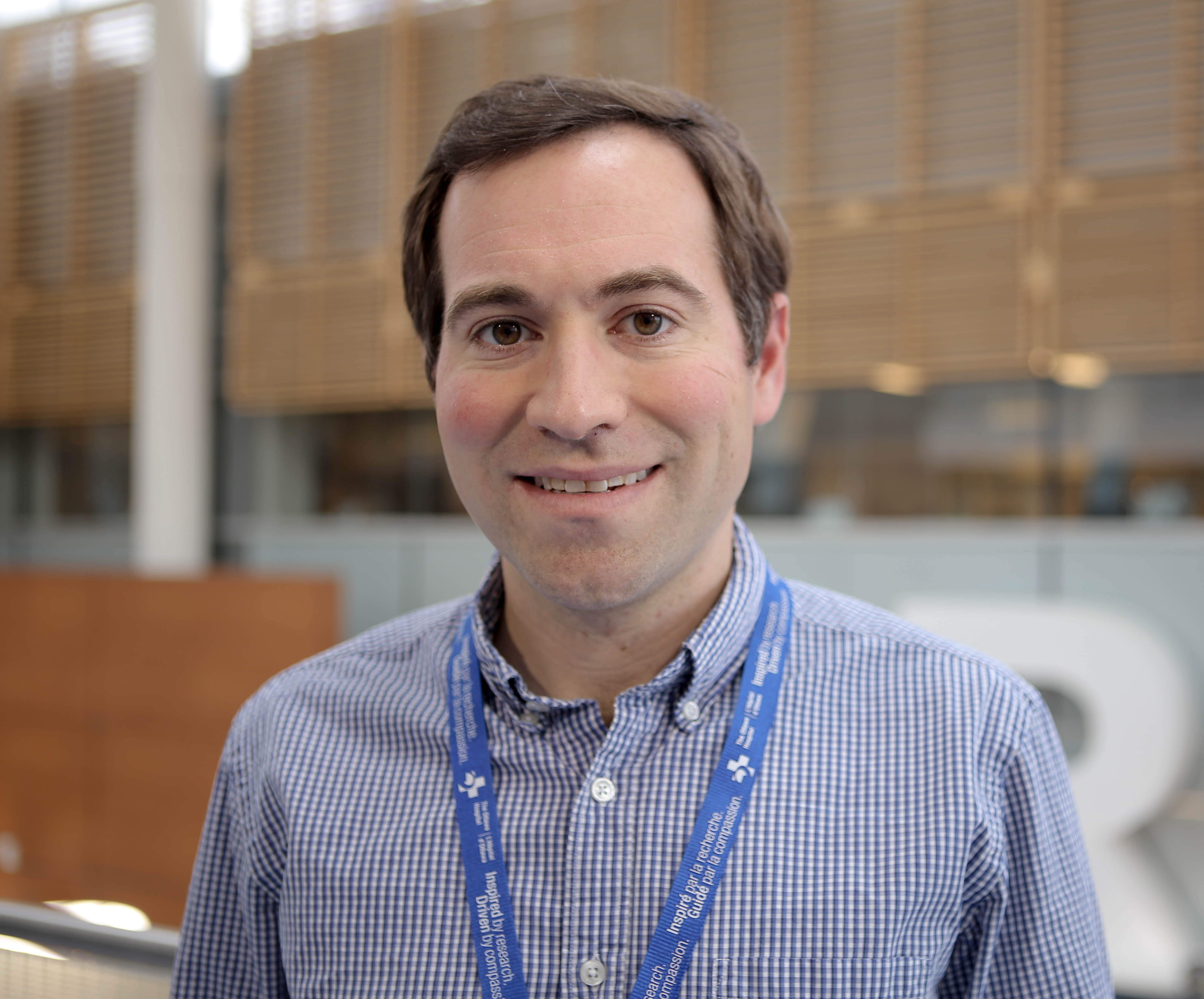Cannabis Use in Pregnant Individuals Linked to Autism in Children
In the largest study of its kind, researchers found that children whose mothers reported u
sing cannabis during pregnancy were at greater risk of autism. The study, published in Nature Medicine in August 2020, included births in Ontario between 2007 and 2012 (before recreational cannabis was legalized).
Data was sourced from the BORN Information System which lead author, Dr. Daniel Corsi calls “an especially powerful perinatal registry for research - with more than 1 million mother-baby dyads, the BIS is one of the largest data sources of its kind globally".
“We can link data from the BIS to ICES, a world-class data warehouse institution in Ontario. Combining these two resources allows for a very rich data set for analysis from conception, pregnancy, and birth and across the life course”.
The researchers used BIS data, combined with health records from ICES to longitudinally follow more than half a million children in Ontario and look for diagnoses of autism spectrum disorder and other neurodevelopmental problems after exposure to cannabis. They found that the prevalence of autism was higher among children born to women who had used cannabis during pregnancy.
Because cannabis is legal in Ontario, more socially acceptable, and even promoted by some as a treatment for morning sickness, pregnant individuals may not be aware of the risks.
"We know so little about how cannabis affects pregnant women and their babies. Parents-to-be should inform themselves of the possible risks, and we hope studies like ours can help" says Dr. Mark Walker, Scientific Director of BORN Ontario and one of the study's authors.
The team has plans for further research: “Although the findings were compelling, we plan to continue the research to address some limitations. For example, we plan to collect blood and urine samples to measure cannabis directly. We are also engaging with other perinatal registries in British Columbia and Nova Scotia to conduct similar studies.”
Dr. Corsi's research has already found its way into Up-to-Date - a clinical decision support tool used by over 1,000,000 physicians in 170 countries. Up-to-Date presents a comprehensive synthesis of the evidence available on a topic, followed by recommendations that can be acted on at the point-of-care. This a great example of knowledge translation: health-care providers using the latest research evidence to help counsel their patients about risk.
Meet Dr. Daniel Corsi...
Dr. Corsi has been interested in substance use research for years, but started focusing his efforts on cannabis research in 2017, after Canada announced plans to legalize the recreational use of cannabis. He wondered how legalization would affect the use of cannabis among pregnant individuals: “We initially wanted to look at changes in the rates of use over time and eventually compare use before and after legalization. We are also interested in socioeconomic, demographic, and lifestyle factors related to cannabis use”.






